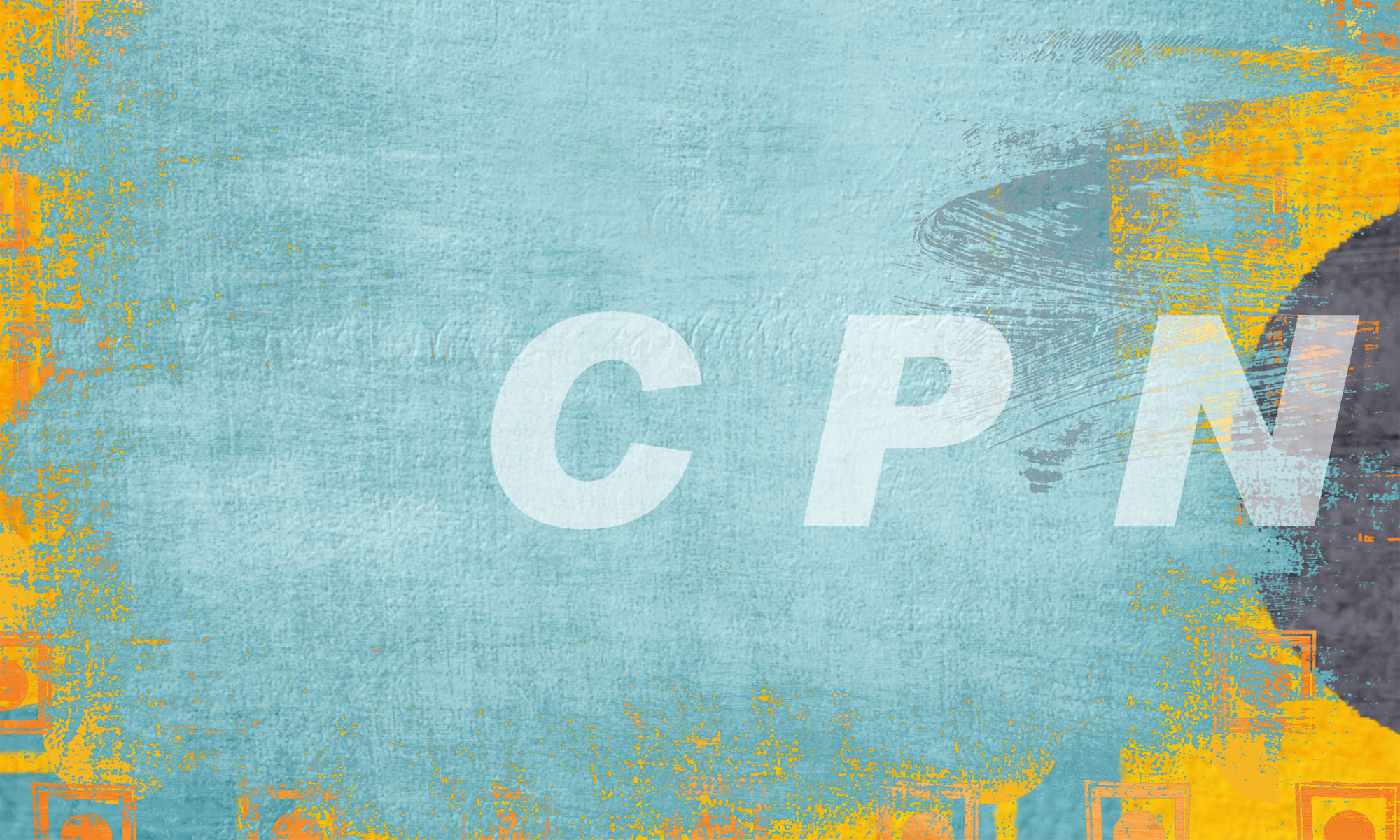Obama and the Democratic Congress passed landmark healthcare reform after a rancorous year-long struggle. Republicans are threatening to make “Repeal and Replace” their fall campaign slogan, while Obama has welcomed that referendum and polls have shown a bump in public support for the reform now that it’s law.
What did the law get right? How much will it really do for cost-cutting, expanding coverage, and improving quality? What major flaws of our system remain yet to be dealt with? How will the average American be impacted by the reform? What will it mean for political fortunes in the fall and beyond?
Leading this month’s Left of Center discussion are three University of Virginia professors:
Carolyn Engelhard, a professor of public health sciences and co-author of the book, “Health Care Half Truths: Too Many Myths, Not Enough Reality”;
Dr. Robert Powers, a medical professor and emergency room physician who recently taught a January-term course on “The American Health Care System”;
John Arras, a professor of biomedical ethics and philosophy.

Health care in our country has huge problems. Lack of insurance is not the big problem that “laws” can correct. The biggest problems in health care consist of big drug companies, greedy doctors who are addicted to prescription pads for their patients and drug manufacturers’ kickbacks, and a lack of true committment to caring about people. Hospital personnel are no longer concerned about patients, but about paychecks. We cannot differientiate between nurses and custodians because they dress the same, long hair hangs over patients as lab technicians and nurses work and play with their hair while drawing blood or giving injections. Infections abound and doctors get upset if a patient requests that he/she wash their hands. Laws cannot make people care about sick and elderly people who are suffering.
Enough said.